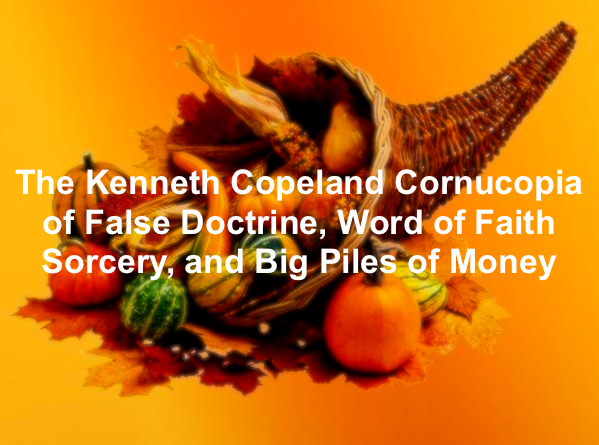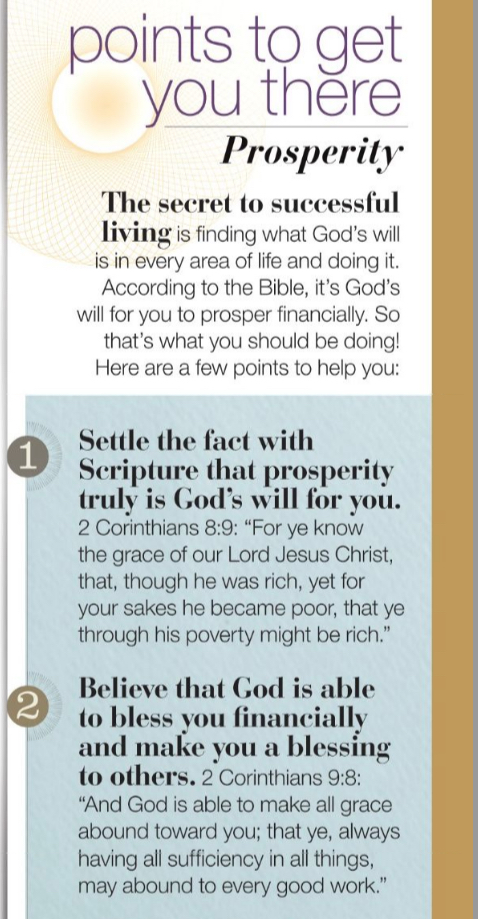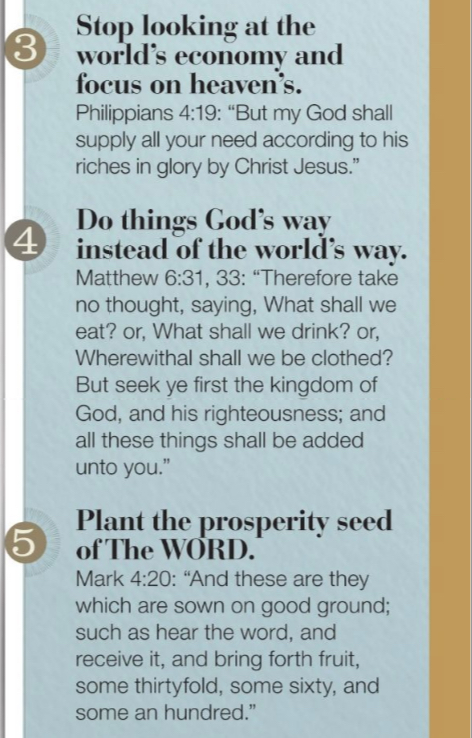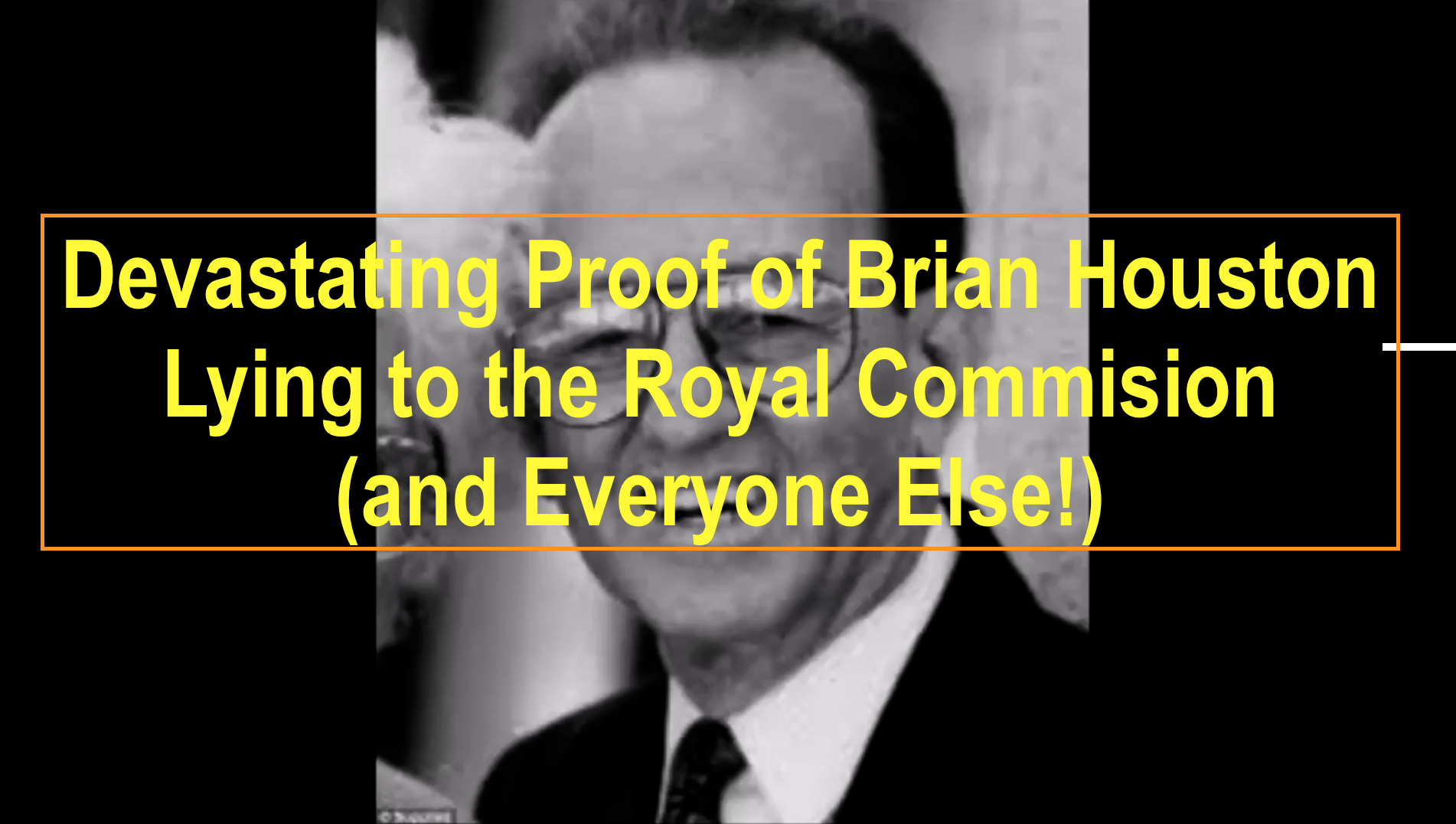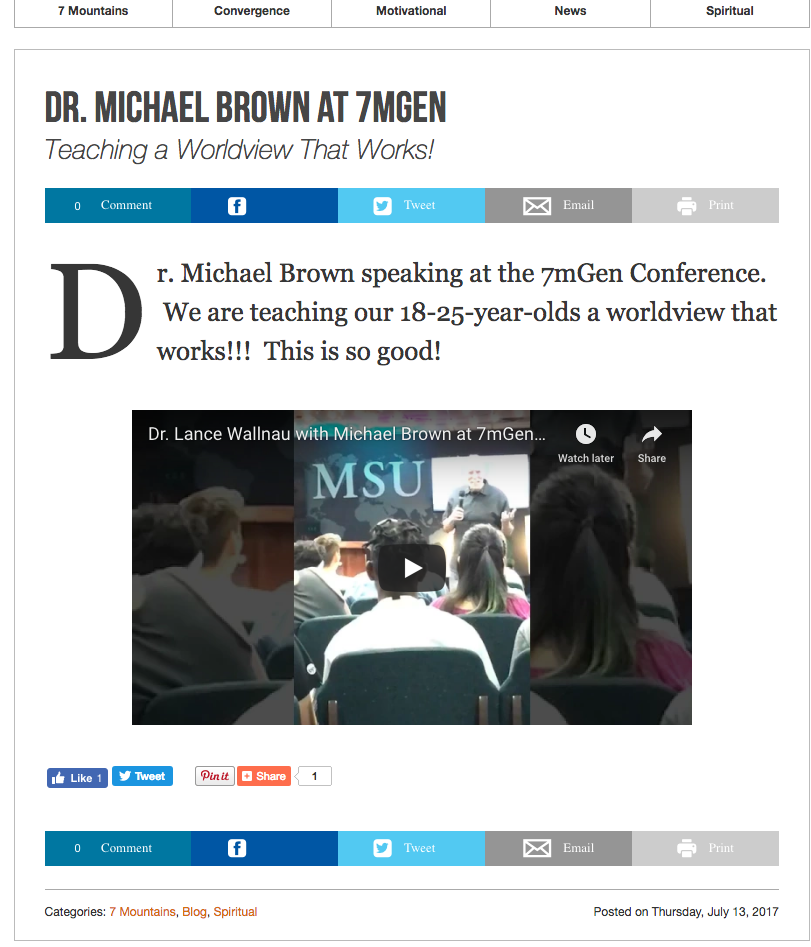"There are two ways to read the Bible. To see what it says about us, or what it says about Jesus. Reading the Bible with you in mind leads to a self-centered, empty and meaningless pursuit. Some refer to this as narcissistic eisegesis. (Eisegesis reads yourself into the text while exegesis seeks to read what’s out of the text.) Reading the Bible with Jesus in mind is selfless and comes with unimaginable gain, Jesus Himself. Michael Horton claims that the Bible is not about us, it’s for us. The Bible is the story of Jesus, for us. God’s revelation of Himself through the pages of scripture is an invitation to know Him, and by knowing Him, discover ourselves. You discover yourself best when you seek to know Him first. The only way to truly discover yourself, sinful and in need of a savior, is to begin with Jesus.
There are plenty of preachers, too many, who approach the Bible looking to see what it offers to make life better and easier. Bryan Wolfmueller in his book, Has American Christianity Failed? refers to this as a moral reading of the Bible. Many take passages meant to relate a historic story, or serve as a type and shadow of Christ, and allegorize for today, thus promoting a theology for now never intended in the text. This is as futile as looking at a road map to try to understand what’s wrong with your car. We are not David, and Goliath is not our financial giant, easily knocked down by one stone called faith, or a second stone called prayer, a third stone call trust, a fourth named hope or that fifth called patience. (Yes, I actually heard it preached like that once.) The Bible was not written to help you lead a better, healthier more fulfilling life. It was written to know God, His commands, and by consequence to understand our problem, that we are hopelessly sinful and in need of a Savior. And in scripture God has revealed to us that Savior.
A right view of self leads to an encounter with Jesus on every page of scripture.
Several years ago I decided to read the Old Testament looking for Jesus in every story. The scriptures came alive. I’m not just permitted to do this, but instructed to. You remember Jesus walked with two men who seemed perplexed by all the events surrounding his resurrection. When their eyes were finally opened, Jesus took the rest of the journey, explaining to them how all scriptures prepared for and pointed to him. “And beginning at Moses and all the prophets, he expounded unto them in all the Scriptures the things concerning Himself.” (Luke 24:27) Think about it. Every story and every event in the Old Testament either was about Jesus, or pointed to him. Consider, too, these words from John 5:39, “You search the Scriptures because you think that in them you have eternal life; and it is they that bear witness about me.” (Note the contrast between using scripture for your own end – eternal life – instead of knowing him –bear witness about me.)
If the Bible is about Jesus, we should read it with him in mind, not us. If you read scripture as a way to live better, you’ll end up in a dark place, for the Bible paints a pretty dismal picture of man. If you really want to look for yourself in scripture, here’s what you find; “All have turned aside; together they have become worthless; no one does good, not even one.” “Their throat is an open grave; they use their tongues to deceive.” “The venom of asps is under their lips.” “Their mouth is full of curses and bitterness.” “Their feet are swift to shed blood; in their paths are ruin and misery, and the way of peace they have not known.” “There is no fear of God before their eyes.” (Romans 3:10-18). Clearly, to read the Bible looking for encouragement and personal affirmation, outside of Christ the Savior, is a pretty disappointing exercise.
It’s tempting, for example, and on the surface, logical, to go to passages where barren women received the provisions of a miracle birth and take that to mean God will meet you in all your equally barren situations. However, God put those stories in the Old Testament to point us to the most amazing, unbelievable miracle of all history; the impossible birth of Jesus to a virgin. Those stories, where barren women get pregnant, were meant to point us to the birth of Jesus, not to promise us that each time life gives us a short end of the stick, he will deliver. (Pun intended).
Recently, a famous female speaker used the story of Jesus feeding the 5,000 in Mark 6 and took every point of the narrative to show what God will do if we give him the little we have, like the boy gave Jesus all he had. This story, though, has nothing to do with that. The moment the attention shifted away from Jesus to the boy, his two fish and five loaves, the speaker stepped onto a narcissistic, self-indulging path, and the story bogged down completely in a muddy and sluggish trap where we, not Jesus, become what the story is about. It’s a pitiful place to walk. It completely misses the whole point of the story, which Jesus quite clearly explains as the narrative expands.
A thorough and complete reading of this story tells us what this miracle was meant to teach, and it’s a story for us, not about us. Later in John 6:35 he explains that he is the bread of life. Jesus said to them, “I am the bread of life; whoever comes to me shall not hunger, and whoever believes in me shall never thirst.” The whole miracle of the feeding of the 5,000 was to teach that truth. Sandwiched in this story is another, often misunderstood and misapplied wonder work of Jesus. When the disciples left Jesus following the feeding, and were alone in a boat, a fierce and unexpected storm swept over them. In their panic they saw what they thought was a ghost, but it was in fact Jesus. That part of the story is not a place for us to turn when financial or health or relationship storms rock our world. This is a story about Jesus and his power over nature and his demand that we acknowledge him to be God, like Peter did. But it was also when the storm calmed that Jesus referred to the miracle of the feeding, pointing to their lack of faith in both instances. …for they all saw him and were terrified. But immediately he spoke to them and said, “Take heart; it is I. Do not be afraid.” And he got into the boat with them, and the wind ceased. And they were utterly astounded, for they did not understand about the loaves, but their hearts were hardened.” (Mark 6:50-53) So the miracle of the feeding did two things: showed them their hardness of heart, their sin, and revealed himself to them as the bread of life, the one who came to save them by offering eternal life. This grand story was written to show his disciples that he is God, they are not – they are sinners – and that he came to offer eternal life. And his provision to the 5,000, and his great display of power over sin showed that he had the authority to offer that promise of eternal life.
The point of both stories, the feeding and the storm, was to prove that Jesus is the bread of life who promises eternal life to those who take him in (eat his bread) and that he has the power over death (calming the storm.)
The beauty of this approach is once we truly meet Jesus in this way, by making the Bible about him, not us, we get to bring ourselves, our problems and all life’s challenges to someone who is bigger than us, sovereign, just, good and fully in control. There is no guarantee he will resolve our current problem, but I didn’t go looking for that. I came looking for him and meeting him in the scriptures is enough.
When my son Travis was dying of cancer I rushed often to the story of Jairus who in Mark 5 pleaded for Jesus to heal his daughter. Now, I did not run to Jairus with my need, I ran with Jairus to Jesus. Honestly, I never expected Jesus to heal Travis like he healed Jarius’s daughter. I simply went to this passage to meet again the same Jesus who looks with compassion on his children and whom I trust has the right authority, the appropriate power and who can sovereignly give me, what he wants and bring me to that place where whatever the outcome, I will love him all the more. And I do.
There is great value in reading the Bible with Jesus in mind. You might not get what you want for this life, but it’s the way to truly meet him." -Mitch Shultz
Once it was the blessing, Now it is the Lord;
Once it was the feeling, Now it is His Word.
Once His gifts I wanted, Now the Giver own;
Once I sought for healing, Now Himself alone. -A.B. Simpson (1843-1919; founder of the Christian & Missionary Alliance)
(Mitch wrote "Part One" to this article last year)




